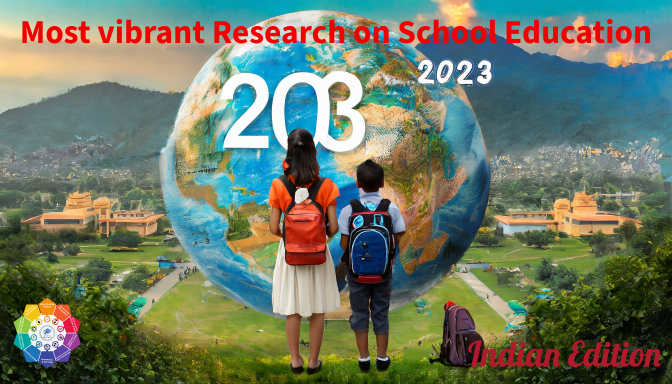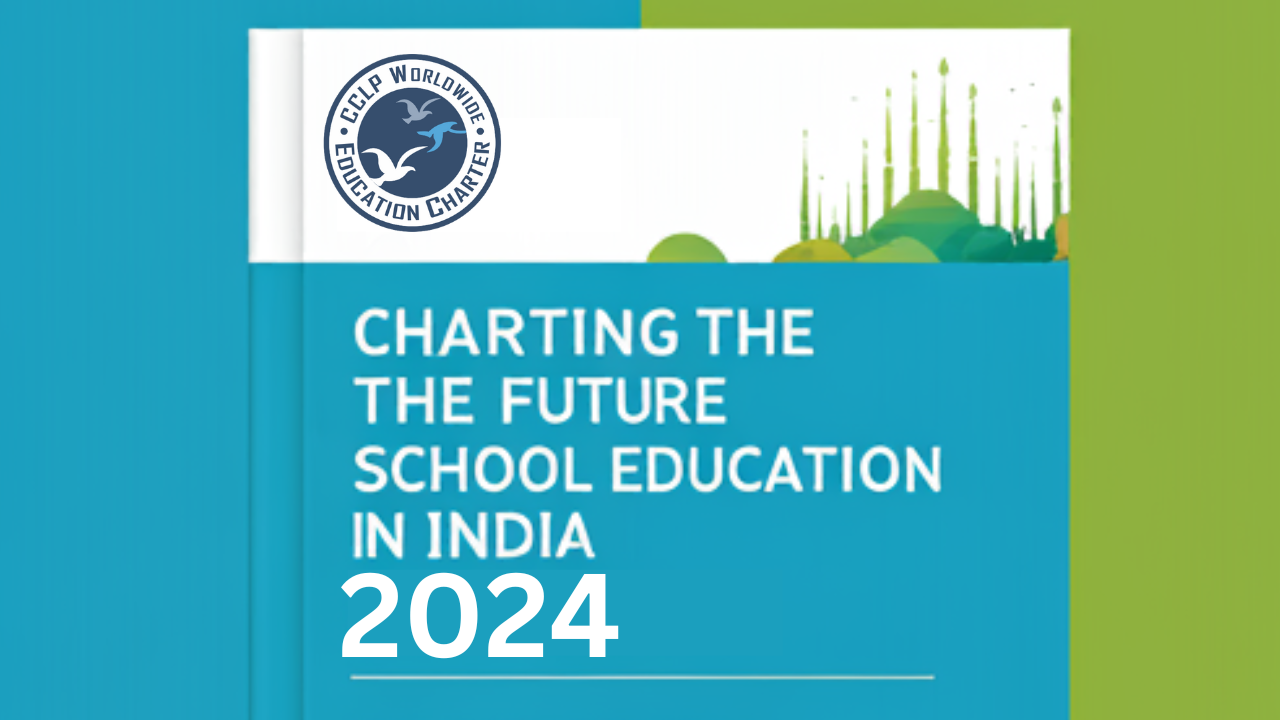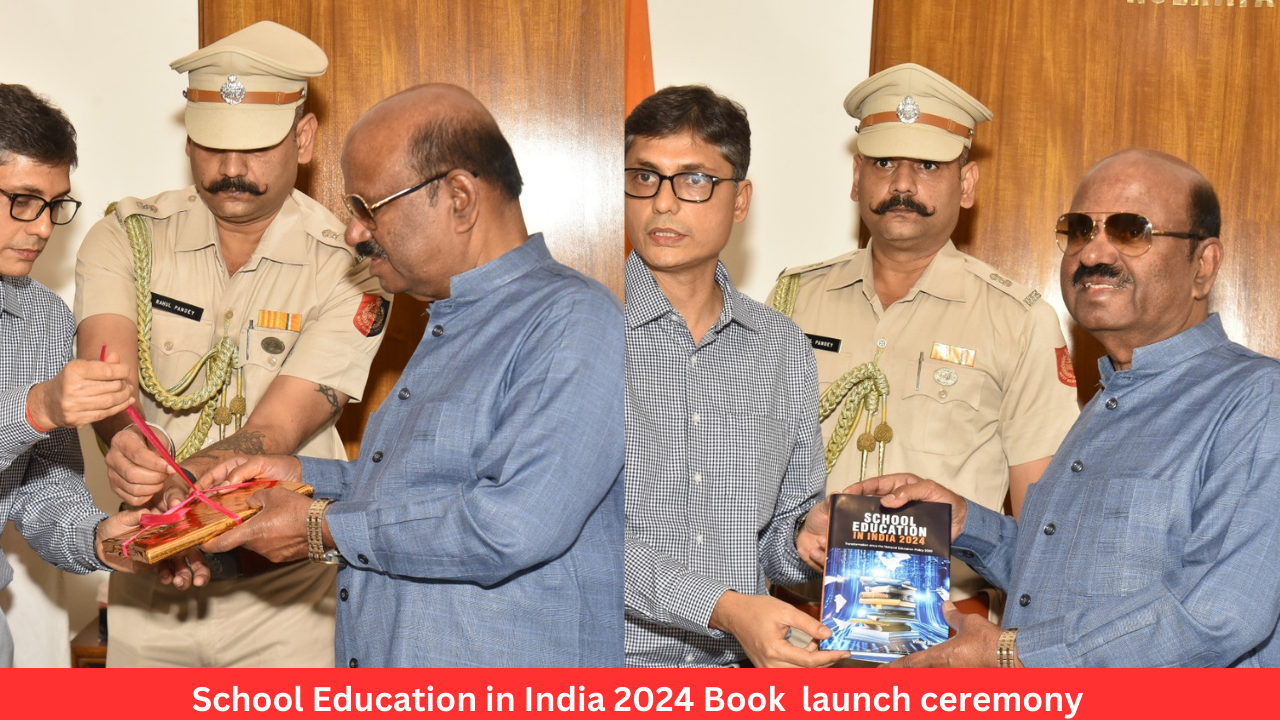By- Charitarth Sindhu
Modern education, unlike conventional education, should be more than the simple presentation of many facts to be memorized by students. The first aspects of an innovative education should have an emphasis on communication, innovation, intelligence and the ability to resolve and avoid global problems. This can be accomplished through exposure to a modern form of education that imparts a sense of constant personal and social development.
Although books, computers and educational field trips will be used in the future of education, exposure to basic science and engineering is an absolute necessity. This would include first-hand exposure to the current social problems of society, scientific methods and how it applies to everyday lives and problem-solving processes. But most of all, science and technology must be applied with environmental and human concern, without which technological development in itself would be meaningless.
Another portion of NEST education that should be emphasized is the contributions of many different individuals to the conceptualization and constant development of education that are intended to keep the system constantly growing and relevant. The traditional tendency to use education to enshrine a particular nation is more of a propaganda approach than the presentation of genuine information and character. It is not possible for people to understand other cultures and perspectives without an overview of many different social field trips and scientific case studies. No nation today has lifted itself and its citizens by a globally relevant system of education. Instead, all nations evolved as a result of many creative people throughout the world that have contributed to the social arts and sciences.
A high emphasis would be placed on education. The better-informed children are, the richer everyone’s life could be. Every child who is subjected to rote learning methods and traditional forms of education will ultimately be irrelevant to our exponentially developing global society. Although books, videos, computers, and virtual reality would be used, most of the educational processes would be of a participatory nature in which students could interact directly with the physical environment. They would become aware of the symbiotic interrelationships between plant and animal life, rural and urban life and all other important aspects of human society. They would learn by doing in a hands-on approach in which education and the communicative sciences would be brought into sharp focus, enabling the student actually to grasp the significance of physical phenomena in a much more concrete way. Above all, they would learn how to interact effectively with others, to share experiences, examine alternative approaches to problems, and accept ethnic and cultural differences, replacing intolerance with understanding.
A comprehensive overview of the history of all civilizations would be essential to understanding other cultures, values, and the forces that shape them. The generalist and customized education, as proposed by NEST methodologies, will enable students to gain a better understanding of cultures that differ from their own, leading to a better understanding of the advantage of all communities joining together for the preservation of life on planet Earth. With an emphasis on a world viewpoint, it would be more difficult to persuade anyone to engage in aggressive, offensive, or belligerent behaviour toward individuals and other nations. With this broader education, students would come to see that the Earth is a fantastic and bountiful place where all nations can share and prosper.
We interpret what we see, hear, taste, touch or smell according to our previous experiences. This process is called associative memory. For example, an aeronautical engineer and a fashion designer might observe a jet engine but their individual perspective of it is very different. The engineer has an education that allows her to understand how the engine functions, how its components are constructed and other technical factors whereas the fashion designer, even though he might have superior eyesight, would only identify with the overall look of the engine. Information enters our memory only from our senses and experience, and we cannot transfer knowledge, competence, intelligence or determination genetically — we acquire them from our culture. The education system today does not encourage critical thinking and questioning, therefore, the less practical information we have about a subject, the more distant it might seem to us.
This too applies to the language we use. Most of the time we hear a term and automatically assume it has universal meaning. Terms like ‘freedom’ and ‘education’ have no physical reference but are often used by politicians to attract the attention of the public. In our current system, we are told that we are ‘educated’ but we are only as ‘educated’ as our educational systems. Such words being used without relevance perpetuate abstract proclamations without offering tangible solutions. In an emerging global societyNEST education will focus on designing an environment consisting of intrinsic mechanisms that meet the needs of all students and helping to produce personalities and behaviours favourable to the global community.
In conclusion, the implementation of NEST methodologies will have a universal effect across various communities, as it is not a standardized form of education but a customized education that constantly evolves to the needs of both the student and the society, uniting us in our common goal of human progress and welfare.






